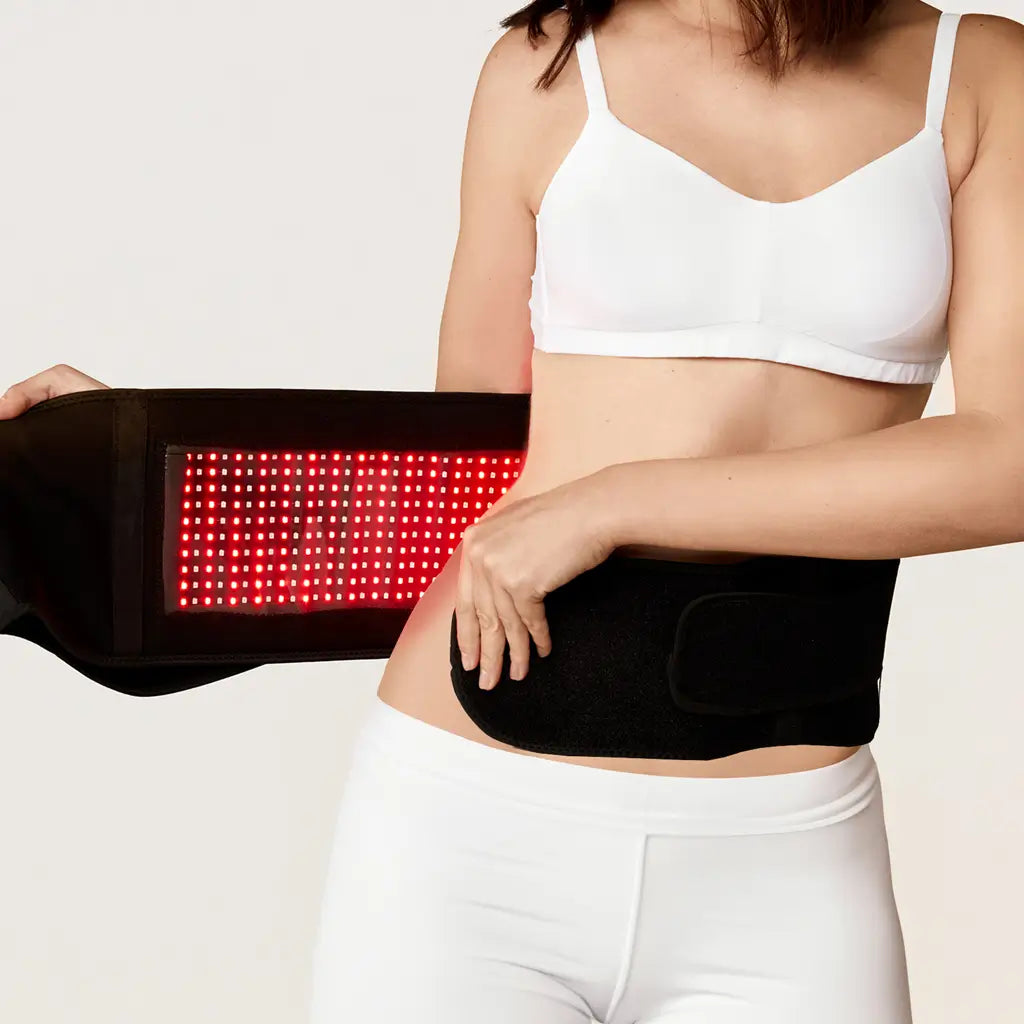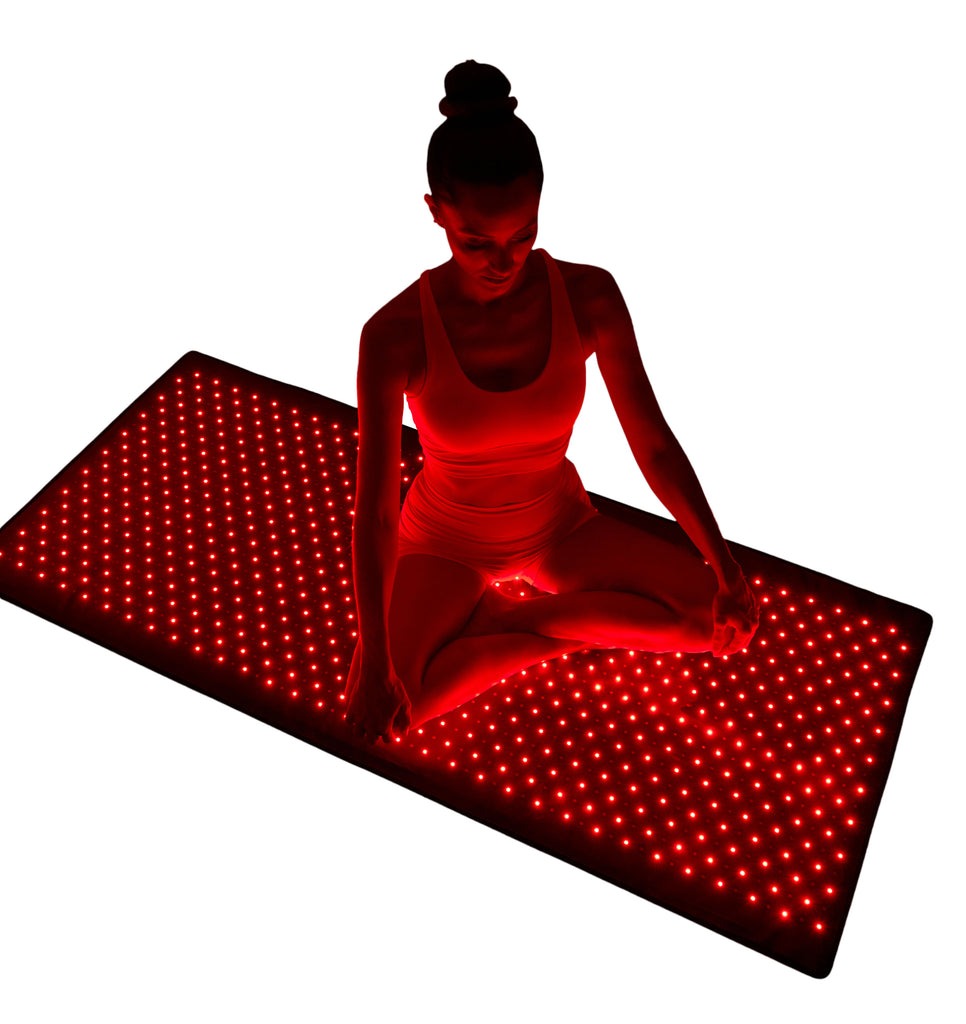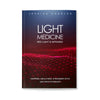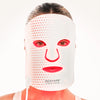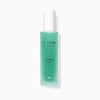
Light is one of the most fundamental and essential elements to human beings. It plays a critical role in our lives, affecting everything from our mood to our overall health. In this article, we will explore the importance of light to human beings.
Regulation of Circadian Rhythm
Our bodies are wired to follow a natural 24-hour cycle, known as the circadian rhythm. Light is the most potent regulator of this cycle, and exposure to light at the right times helps to keep our internal clock in sync with the external world. This synchronization is essential for healthy sleep-wake cycles, digestion, and hormone regulation.
Mood and Mental Health
Exposure to natural light has been shown to improve mood and reduce symptoms of depression and anxiety. This is because light stimulates the production of serotonin, a neurotransmitter that is linked to feelings of well-being and happiness.
Vitamin D Synthesis
Sunlight is the primary source of Vitamin D for the body. This vitamin is essential for the absorption of calcium, which is critical for strong bones and teeth. Adequate Vitamin D levels have also been linked to a reduced risk of certain diseases such as cancer, diabetes, and multiple sclerosis.
Energy and Productivity
Light is essential for regulating our energy levels and alertness. Bright light exposure during the day can help to boost energy and productivity, while reducing exposure to light at night can help to promote restful sleep.
Healing and Recovery
Light therapy, also known as phototherapy, is a form of treatment that uses light to stimulate the body's natural healing processes. It has been shown to be effective in treating a range of conditions, including skin disorders, depression, and seasonal affective disorder. In conclusion, light is essential to human beings in many ways, from regulating our internal clock to improving our mental and physical health. With the rise of artificial lighting, it's important to ensure that we still get adequate exposure to natural light to reap its many benefits.
- National Institute of General Medical Sciences. (2019). Circadian Rhythms Fact Sheet. https://www.nigms.nih.gov/education/fact-sheets/Pages/circadian-rhythms.aspx
- Harvard Health Publishing. (2018). How to improve your mood with sunlight. https://www.health.harvard.edu/mind-and-mood/how-to-improve-your-mood-with-sunlight
- Holick, M. F. (2007). Vitamin D deficiency. New England Journal of Medicine, 357(3), 266-281.
- Shechter, A., Kim, E. W., St-Onge, M. P., & Westwood, A. J. (2018). Blocking nocturnal blue light for insomnia: A randomized controlled trial. Journal of Psychiatric Research, 96, 196-202.
- American Academy of Dermatology. (2021). Light Therapy for Skin Conditions. https://www.aad.org/public/everyday-care/skin-care-basics/treatment/light-therapy
- National Sleep Foundation. (n.d.). How Light Affects Our Sleep. https://www.sleepfoundation.org/articles/how-light-affects-our-sleep
- Almeida-Souza, P., Machado, S., & Sousa, N. (2021). The Impact of Light in Health and Disease. Frontiers in Neuroscience, 15, 642763. https://doi.org/10.3389/fnins.2021.642763




























































































